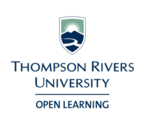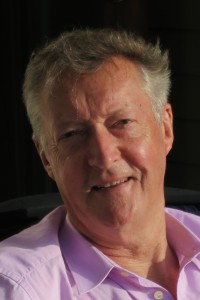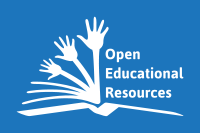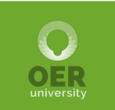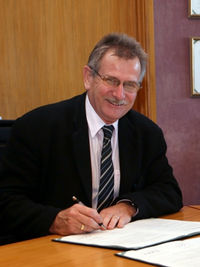Open Educational Resource university to be launched worldwide
Innovative education system to revolutionise tertiary learning
25 October, 2013
You can study world-class courses for free and count them towards real qualifications. This is the future of tertiary learning with the launch of the Open Educational Resource university (OERu), due to be unveiled on November 1, 2013.
Register to attend our landmark launch online.
The OERu will provide more affordable ways for learners to gain academic credit towards qualifications from recognised institutions.
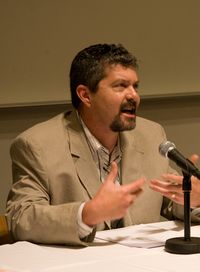
| “ | The OERu makes affordable education accessible to everyone. All you need is an internet connection and you can study independently from home, with access to world-class courses from recognised institutions around the world. It’s about sharing knowledge and the sustainability of education. | ” |
| —Dr Wayne Mackintosh | ||
The launch coincides with the second meeting of the OERu anchor partners from around the world, coming together at the Thompson Rivers University in British Columbia, Canada, to formally launch the university to the world and engage in an intensive two-day implementation planning meeting.
True to the OER Foundation's commitment to open planning processes, you can register as a virtual participant and help plan more sustainable education for all.
| In support of the OERu international network, the Board of the OER Foundation is proceeding to establish the OERu Council of Chief Executive Officers which will function as an assembly of senior leaders called together for consultation on strategic higher education futures.
OERu Presidents, Vice Chancellors, and Deputy Vice Chancellors will convene at Kwantlen Polytechnic University to discuss the OERu’s key performance indicators for the next three years and plan the implementation of further open online courses and credentials. |
Former UNESCO Assistant Director General of Education and open learning visionary, Sir John Daniel, will be the guest of honour at the meeting of OERu anchor partners, and will officially launch the OERu website.
| “ | The OERu will reduce the cost of higher education dramatically. I believe that radical innovations in higher education must be accompanied by particularly robust frameworks of accreditation and credentialing in order to reassure the public. It's all very well for evangelists to promote do-it-yourself accreditation from the personal safety of CVs replete with reputable qualifications, but ordinary people want the 'beef' of proper recognition too. | ” |
| —Sir John Daniel | ||
“This event is also a wonderful opportunity for like-minded professionals to network and explore new business opportunities open education could potentially generate.”
“All the course material is taught online, based on OER and openly accessible materials on the internet. This means you won’t need to buy any textbooks,” explains Dr Mackintosh.
Designed for independent study, users will get peer-support from fellow learners, while in some OERu courses users will study with full-time registered students at one or more of OERu’s anchor partners - a network of academic institutions in five continents.
Home to the OER Foundation and anchoring partner to the OERu, New Zealand tertiary institution Otago Polytechnic has embraced the philosophy of sharing knowledge. It was the first tertiary institution in the world to adopt a creative commons open content intellectual property policy.
| “ | The OERu is the means by which education at all levels can be more accessible, more affordable and more efficient. It’s no longer about building learning facilities and expecting students to come to us. We are taking it out to the world and investing in the sharing of knowledge on a global scale. | ” |
| —Phil Ker | ||
Courses on offer through the OERu include ‘Resourcing a Small Enterprise’, ‘Understanding Culture in Asia and the Pacific’, ‘Tourism in Asia and the Pacific’, ‘Developing a Business Plan’, and ‘Regional Economics in Asia and the Pacific’. The OERu will also support the UNESCO Paris 2012 OER Declaration, with courses focusing on building capacity in open educational practices.
Programmes can be distinguished between a Full Course and a micro Open Online Course (mOOC). “A micro-Course allows the user flexibility to manage learning around their personal commitments and learning interests,” says Dr Mackintosh.
“It represents a sub-component of a full course and is usually offered over a two to three week period. This can qualify individuals to gain full course credits through ‘recognition of prior learning’ systems available at a number of OERu partners.”
A Full Course can be anywhere between ten to 15 weeks in duration.
The OERu is a consortium of more than thirty universities, polytechnics and community colleges from five continents committed to widening access to educational opportunity.
OERu website go- live: Canada, British Columbia: Friday, November 1, 10:00am
For more information please contact:
Wayne Mackintosh, OER Foundation Director and UNESCO-COL Chair in OER, Otago Polytechnic. email.
Irwin DeVries, Director, Curriculum Development, Thompson Rivers University. email.


